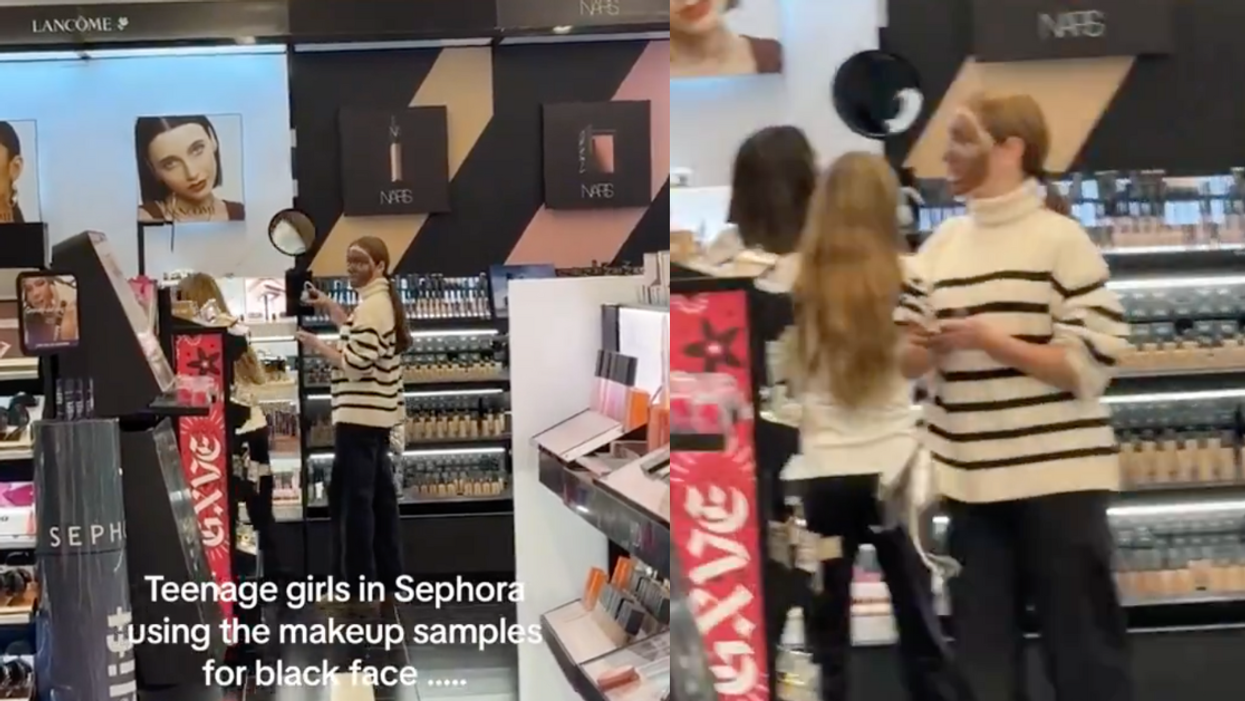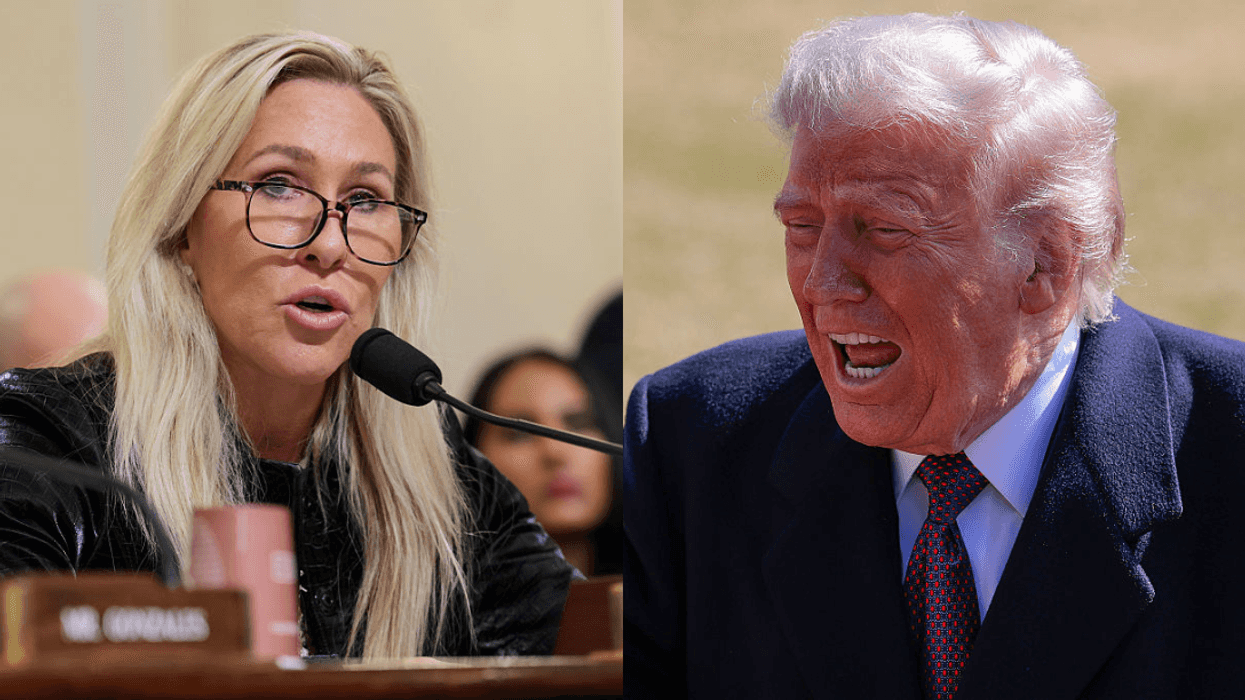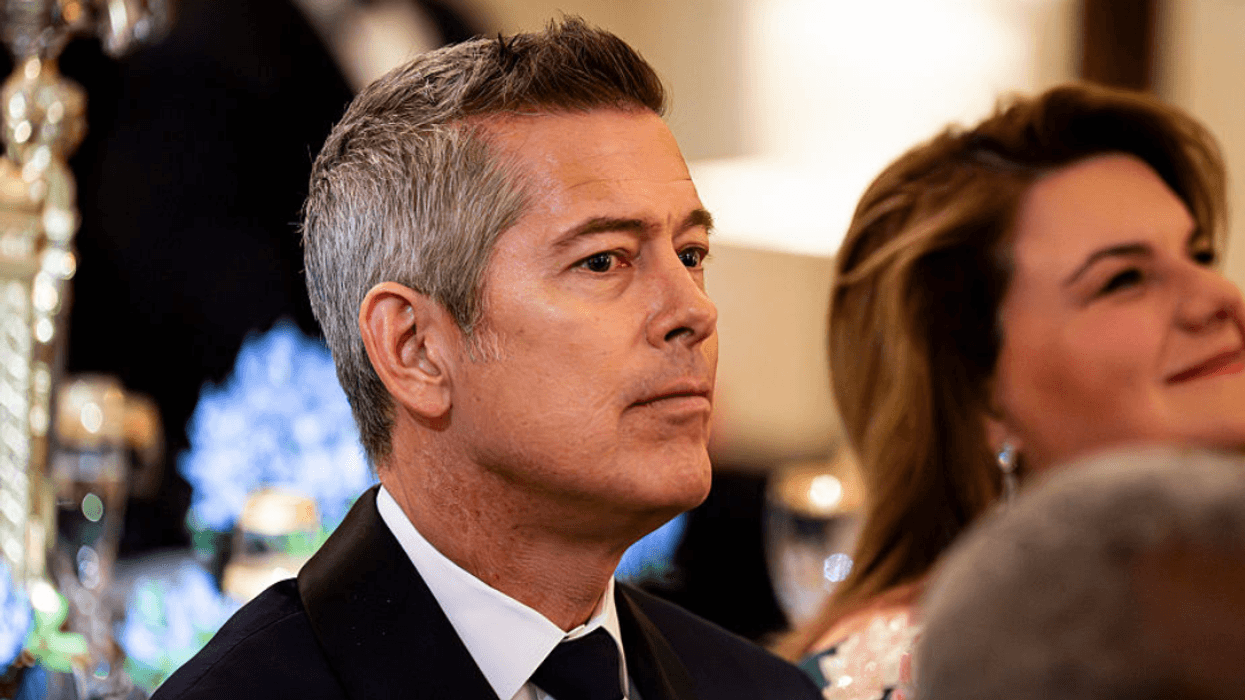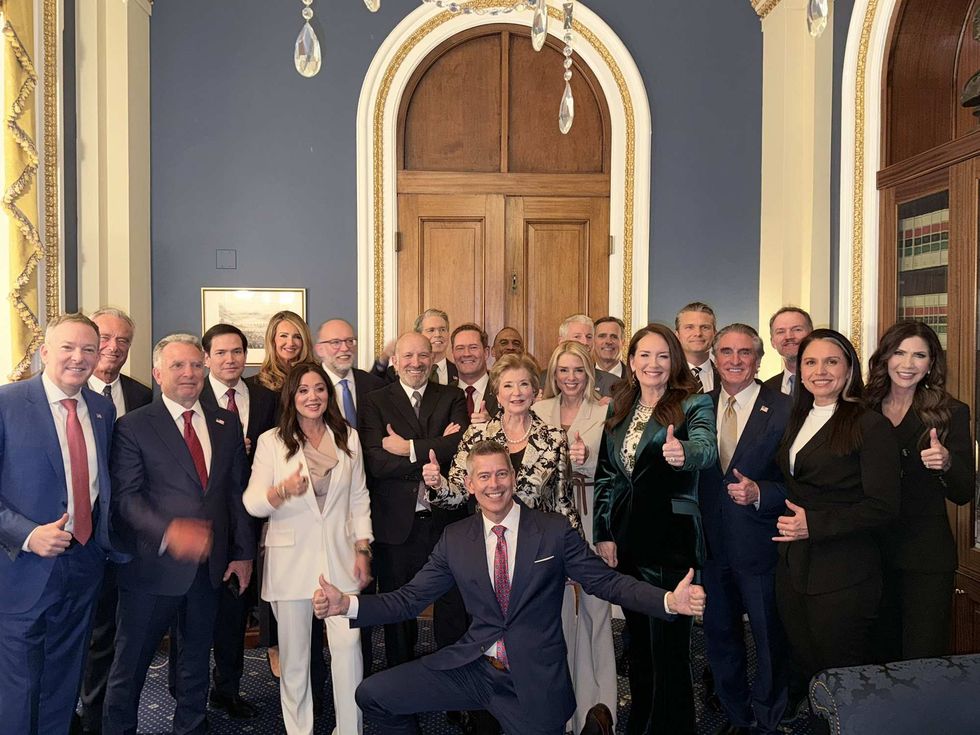A Sephora store in Boston's Prudential Center made headlines when a group of teenage girls was caught on camera allegedly attempting to test dark makeup for blackface.
Blackface, historically rooted in racism, involves a non-black person darkening their skin with makeup to caricature a black person, perpetuating harmful stereotypes.
The viral TikTok video, filmed by Temi Ojora, a University of Southern California track and field athlete, captured the girls using cosmetics meant for darker skin tones while giggling and making animal sounds. Ojora described the scene as "genuinely so disgusting and disturbing."
In the video, an outside vendor confronted the chaperone accompanying the girls, expressing disapproval of their actions. The vendor deemed the act "incredibly offensive" and highlighted the potential consequences, stating:
“This is the stuff that ruins jobs, college acceptances, let alone how incredibly offensive this is."
The chaperone seemingly dismissed the concerns and walked away. Ojora claimed that both the chaperone and one of the girls later approached her, requesting she delete the video.
You can see the video below.
The video quickly went viral, generating significant outrage on social media.
The adult chaperone and the three girls involved have not been publicly identified. Sephora responded to the incident, condemning the group's behavior and revealing that they were asked to leave the premises.
The company stated:
“We are extremely disappointed by the behavior of these shoppers at our Prudential Center location, and as such, they were asked to leave our premises. Under no circumstance is this type of behavior tolerated at Sephora.”
This incident is part of a concerning trend on TikTok known as the "Sephora kids" craze, where teens and pre-teens engage in disruptive and bullying behavior at beauty stores.
Employees have reported instances of intentional store damage and rude attitudes from young customers, further fueling the controversy surrounding this social media trend.
Sephora staff members have expressed frustration with the disruptive behavior, with some accusing the young customers of strong-arming their parents into costly purchases.














 Reset Era
Reset Era r/WorkReform/Reddit
r/WorkReform/Reddit r/WorkReform/Reddit
r/WorkReform/Reddit Reset Era
Reset Era Reset Era
Reset Era r/WorkReform/Reddit
r/WorkReform/Reddit Reset Era
Reset Era r/WorkReform/Reddit
r/WorkReform/Reddit Reset Era
Reset Era r/WorkReform/Reddit
r/WorkReform/Reddit Reset Era
Reset Era Reset Era
Reset Era r/WorkReform/Reddit
r/WorkReform/Reddit Reset Era
Reset Era r/WorkReform/Reddit
r/WorkReform/Reddit Reset Era
Reset Era r/WorkReform/Reddit
r/WorkReform/Reddit
 @SecDuffy/X
@SecDuffy/X

 @WhiteHouse/TikTok
@WhiteHouse/TikTok @WhiteHouse/TikTok
@WhiteHouse/TikTok @WhiteHouse/TikTok
@WhiteHouse/TikTok @kevdsmith/X
@kevdsmith/X